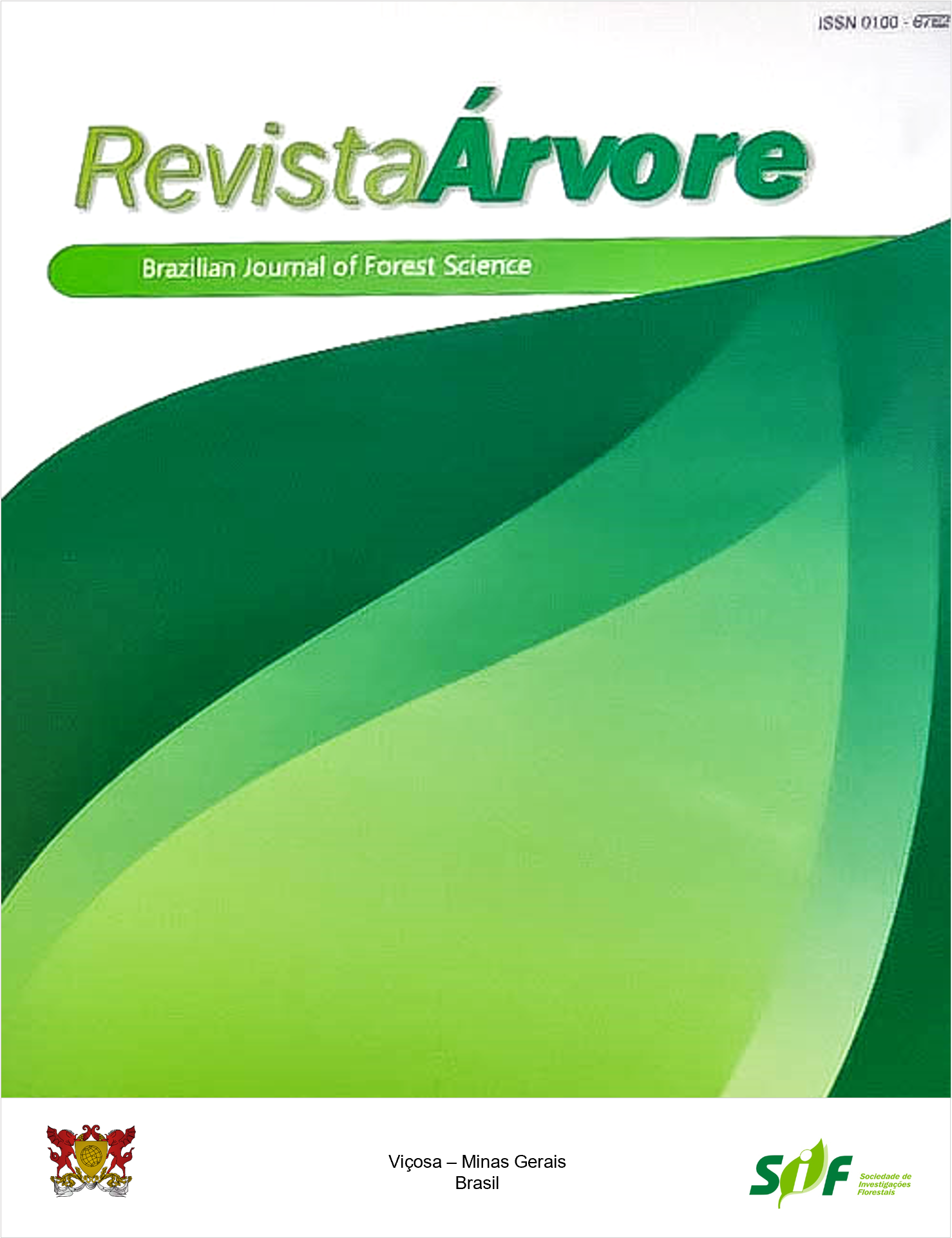THERMAL MODIFICATION OF SUGARCANE WASTE AND BAMBOO PARTICLES FOR THE MANUFACTURE OF PARTICLEBOARDS
Keywords:
Density profile, Physical-mechanical properties, Thermal treatmentAbstract
The thermal modification of particles of the paticleboards constituted of agroforest and industrial waste can improves the dimensional stability (thickness variation) and reduces the use of chemicals that can raise the costs of the process or be hazardous to humans and the environment. This study evaluated the effect of the thermal modification on the physical-mechanical properties and density profile of particleboards manufactured from sugarcane bagasse and bamboo (Dendrocalamus asper) (Schult f.) Backer ex Heyne). A mixture of 75% bamboo particles and 25% sugarcane bagasse was subjected to 220 °C temperature for 201 min. Urea-formaldehyde (UF)-based adhesive with three solids contents (10, 12 and 14%) based on the dry mass of the particles was used for the aggregation of the materials. Both temperature and increases in the adhesive content improved their dimensional stability, however, the thermal treatment reduced the mechanical properties. The particleboards composed of treated particles did not meet the minimum specifications established by the Brazilian norm utilized. The densitometric profiles were negatively influenced by the thermal modification and improved by the increase in adhesive content.
Keywords: Density profile; Physical-mechanical properties; Thermal treatment
Downloads
Published
How to Cite
Issue
Section
License
Copyright (c) 2019 Revista Árvore

This work is licensed under a Creative Commons Attribution 4.0 International License.
All authors agreed to submit the work to Revista Árvore and granted the exclusive license to publish the article. The authors affirm that it is an original work and has not been previously published elsewhere. The scientific content and opinions expressed in the article are the sole responsibility of the authors and reflect their opinions, not necessarily representing the opinions of the editorial board of Revista Árvore or of the Society of Forest Investigations (SIF).




